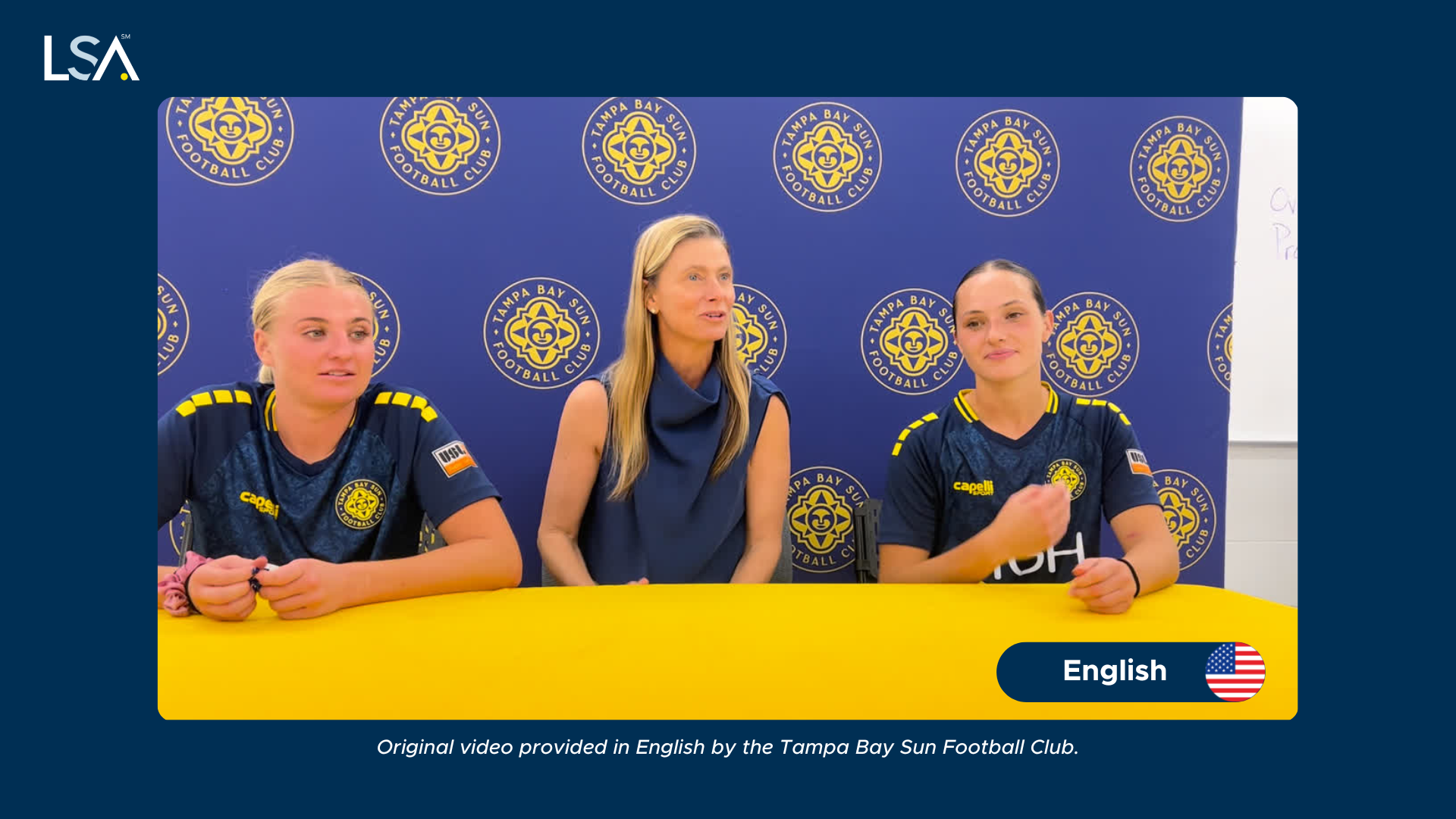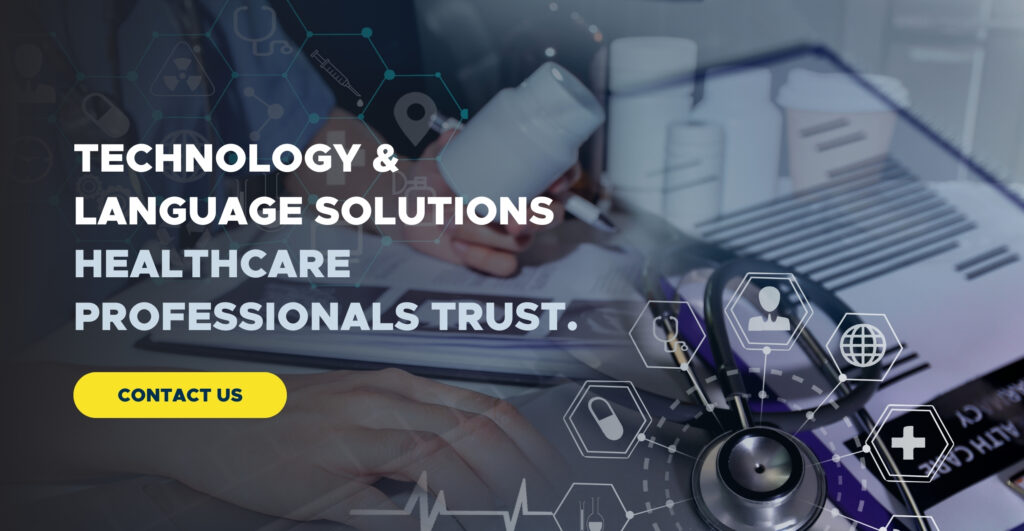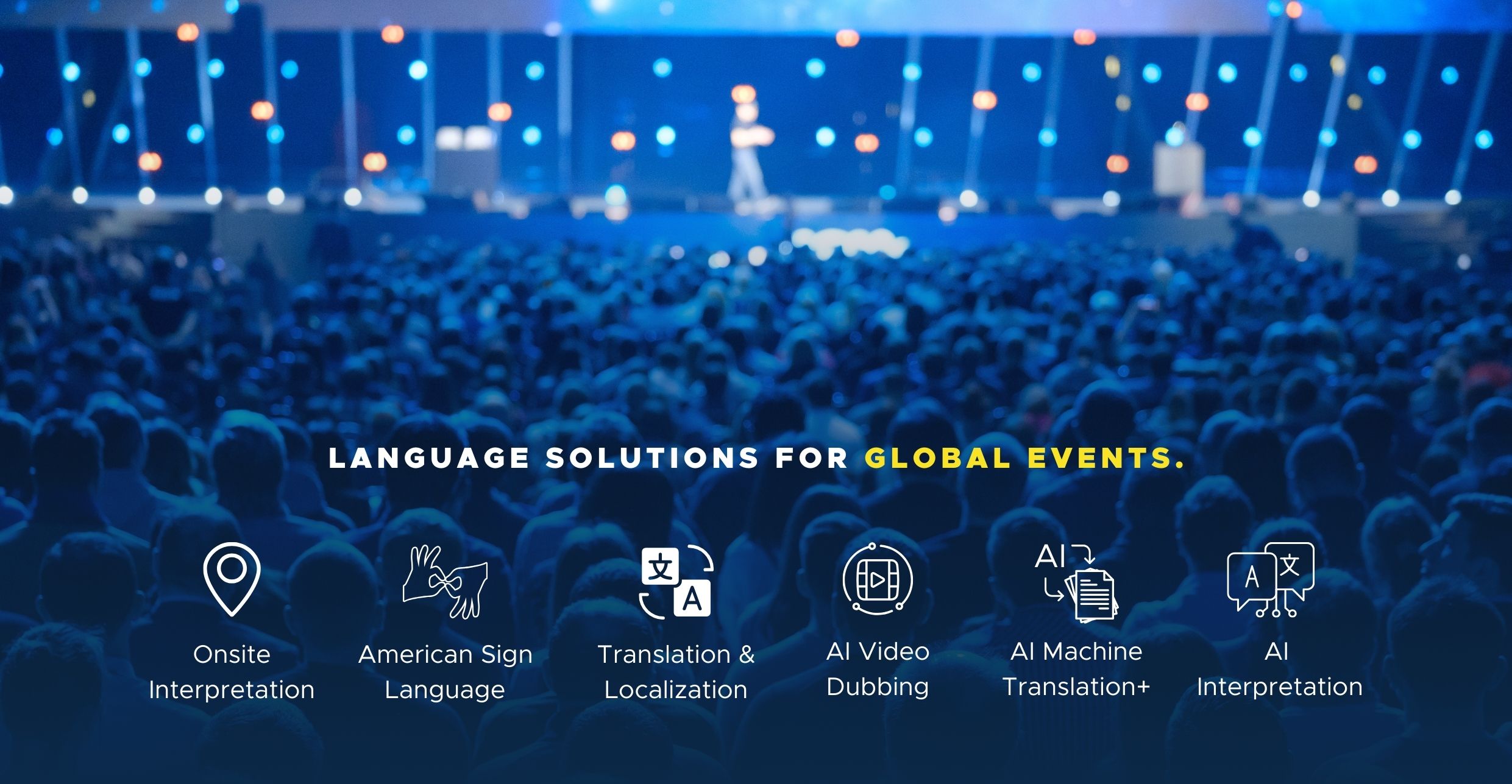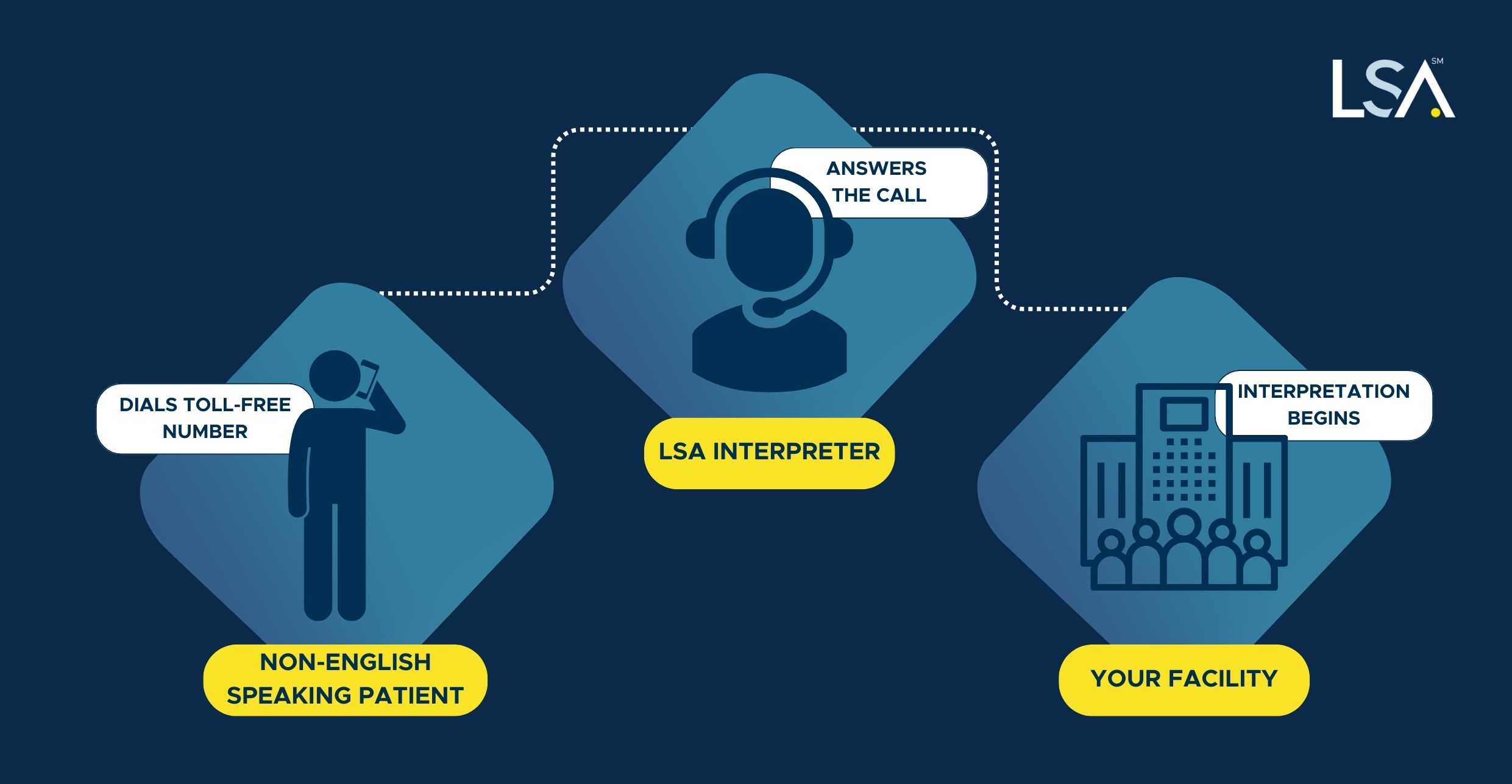Last year, the Department of Health and Human Services (HHS) finalized updates to Section 1557 of the Affordable Care Act, reinforcing protections against discrimination in federally funded health programs with 15 employees or more. These enhancements included new mandates to guarantee meaningful language access for individuals with limited English proficiency (LEP), as well as for patients with disabilities.
While the rule officially took effect on July 5, 2024, many key requirements — especially those around language access — don’t become enforceable until this year. These requirements include:
- Written language access policies and procedures
- Staff training
- Nondiscrimination notices in the top 15 LEP languages for the state
- Appointment of a Section 1557 coordinator responsible for compliance

What’s at Stake for Healthcare Organizations?
68 million U.S. residents speak a language other than English at home, with many reporting limited English ability. Millions more face disabilities that can impact communication. For healthcare providers, these language barriers create legal, clinical, and strategic concerns.
Failing to provide meaningful language access for patients with LEP or accessibility needs can lead to serious and wide-ranging consequences, including:
- Risk of non-compliance with federal anti-discrimination laws
- Higher liability due to miscommunications
- Missed opportunities to serve diverse patient populations
By meeting Section 1557 requirements, health programs reduce risk, strengthen patient trust, and improve health outcomes through better communication and equitable access.
What You Must Do by July 5, 2025
To be compliant with the updated standards, organizations must take the following steps:
1. Publish policies on language access, including:
- Nondiscrimination policies: Reinforcing the organization’s dedication to equitable treatment.
- Grievance procedures: Detailing the process for individuals to report discrimination and pursue resolution.
- Language access procedures: Making sure services are available to LEP individuals.
- Auxiliary aids and services procedures: Offering vital support for individuals with disabilities.
- Reasonable modifications: Modifying policies and practices to support individuals with disabilities.
2. Display notices of nondiscrimination and language assistance
Healthcare providers must ensure that individuals with LEP know about non-discrimination policies and their right to free language assistance services. This includes posting notices prominently at their facilities and on their websites. The notices must be provided in English and at least the 15 most common languages spoken by LEP individuals in their state.
3. Use qualified interpreters/translators
If a provider uses machine translation, the new rule requires review by a human translator in cases where accuracy is critical — such as when the source materials are relevant to a limited English proficient individual’s rights or benefits, impact meaningful access to care, or contain complex or technical language that can be hard to understand.
Under the new rules, all interpreters must be trained and qualified. That means providers can’t rely on family, friends or untrained staff to interpret. Bilingual staff may serve as interpreters as part of their job duties — but only if they’ve demonstrated proficiency in both English and the non-English language used by the patient.
Where LSA Can Support You
You don’t have to navigate these new requirements alone. LSA is here to help at every step with:
- Qualified interpreters (Onsite/Over the Phone/Video Remote) to meet real-time access requirements
- Expert translation and localization of policies, notices, forms, aftercare instructions, patient materials, and more — always done by a human or with human oversight
- Language assessments and testing for your multilingual staff to fulfill new training mandates
- AI-enhanced solutions (AI Video Dubbing, AI Interpretation, AI Machine Translation +) with human oversight to guarantee accuracy and confidentiality
- Consulting on language access planning, including population analysis, policy drafting, selecting appropriate language tools, and identifying all required languages.
Meeting the Section 1557 language-access standards isn’t just about compliance. It’s a strategic investment in better patient care, stronger community trust, reduced legal risk, and broader market access.
July 5, 2025, is your deadline — partner with LSA to ensure you’re ready. Contact us at 800.305.9673 X55305 or fill out the click the button below to fill out the contact form.
About LSA
Language Services Associates Inc. (LSA) is a leading provider of interpretation, translation, and innovative AI language solutions, enabling clients to connect with expert interpreters for effective multilingual communication. With over three decades of experience, LSA facilitates millions of interactions yearly in hundreds of languages.



